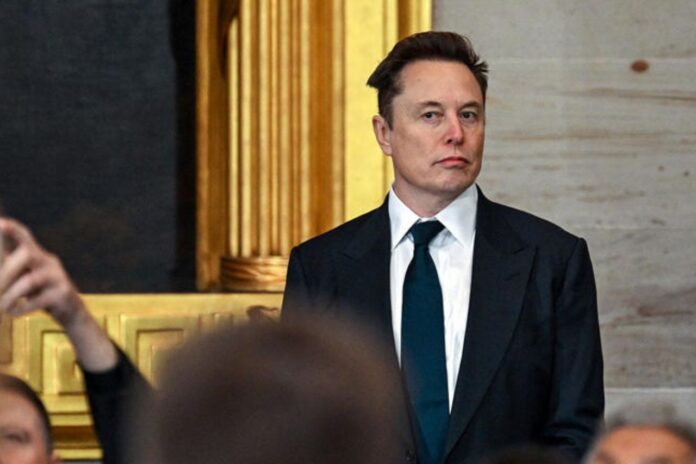Billionaire Elon Musk is at it again, this time shining a spotlight on the U.S. Treasury Department and its inefficiencies. Over the weekend, Musk shared a bold vision for how his Department of Government Efficiency (DOGE) plans to clean up the Treasury’s act. And let’s just say, he didn’t hold back.
What’s the Plan?
According to Musk, the Treasury is rolling out some “super obvious” fixes aimed at:
- Simplifying audits to ensure everything is above board.
- Boosting accountability for where taxpayer dollars actually go.
- Regular updates to the congressional “Do Not Pay” list—essentially a blacklist for fraudsters and shady organizations.
“Before now, nobody in Treasury management cared enough,” Musk said. “The folks on the ground have wanted these changes for years but were blocked by upper management focused on minimizing complaints, not fixing problems.”
He pointed out that fraudsters were often prioritized because they yell the loudest. Meanwhile, the honest taxpayers footing the bill? Ignored.
The Shocking $50 Billion Problem
One of Musk’s most eye-opening revelations was about entitlement payments. Brace yourself: the Treasury is paying out over $100 billion a year to individuals without a valid Social Security number or even a temporary ID.
“How much of that is obvious fraud?” Musk asked. The room’s consensus: half. That’s a jaw-dropping $50 billion a year, or $1 billion a week in fraudulent payouts.
“This is insane and must be addressed immediately,” Musk declared.
The Legal Showdown
Of course, not everyone’s on board with Musk’s take-charge approach. A federal judge recently blocked DOGE from accessing Treasury systems, sparking outrage from the Tesla CEO.
“It’s insane,” Musk said of the ruling. The lawsuit, filed by 19 Democratic attorneys general, argues that Musk’s team overstepped by gaining access to sensitive payment systems. These systems include Social Security, Medicare, veterans’ benefits, and tax refunds—data that’s understandably a sensitive topic.
New York Attorney General Letitia James led the charge, asserting that no president has the right to hand over Americans’ private information or halt federally approved payments.
What’s Next?
Despite the pushback, U.S. Treasury Secretary Scott Bessent stands with Musk, emphasizing that the real issue isn’t revenue—it’s reckless spending.
“Our payment system processes 1.3 billion payments a year,” Bessent said in a recent interview. “We’re exploring ways to add more accountability and traceability to make sure money ends up where it’s supposed to.”
Why It Matters
Musk’s fiery determination to address what he calls “super obvious problems” could spark long-overdue reforms in how taxpayer money is managed. Love him or hate him, Musk knows how to get people talking—and, in this case, thinking critically about where their hard-earned dollars are going.





